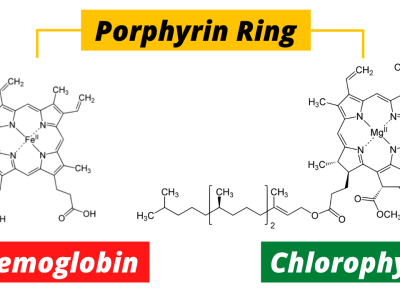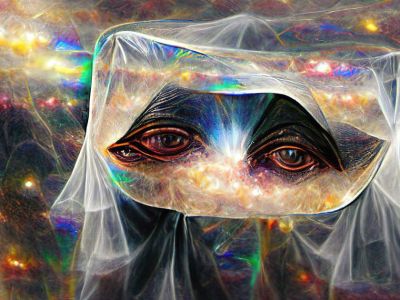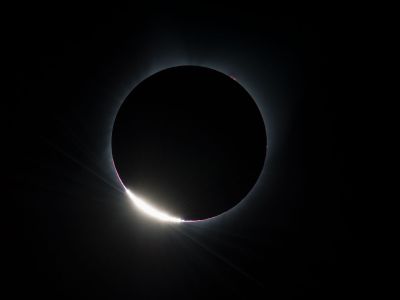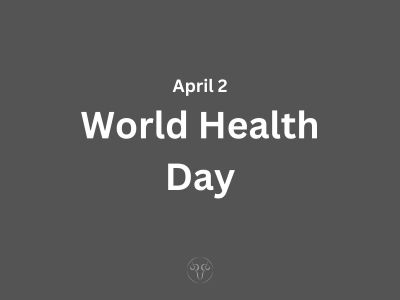Dissociative - Things About Dissociatives
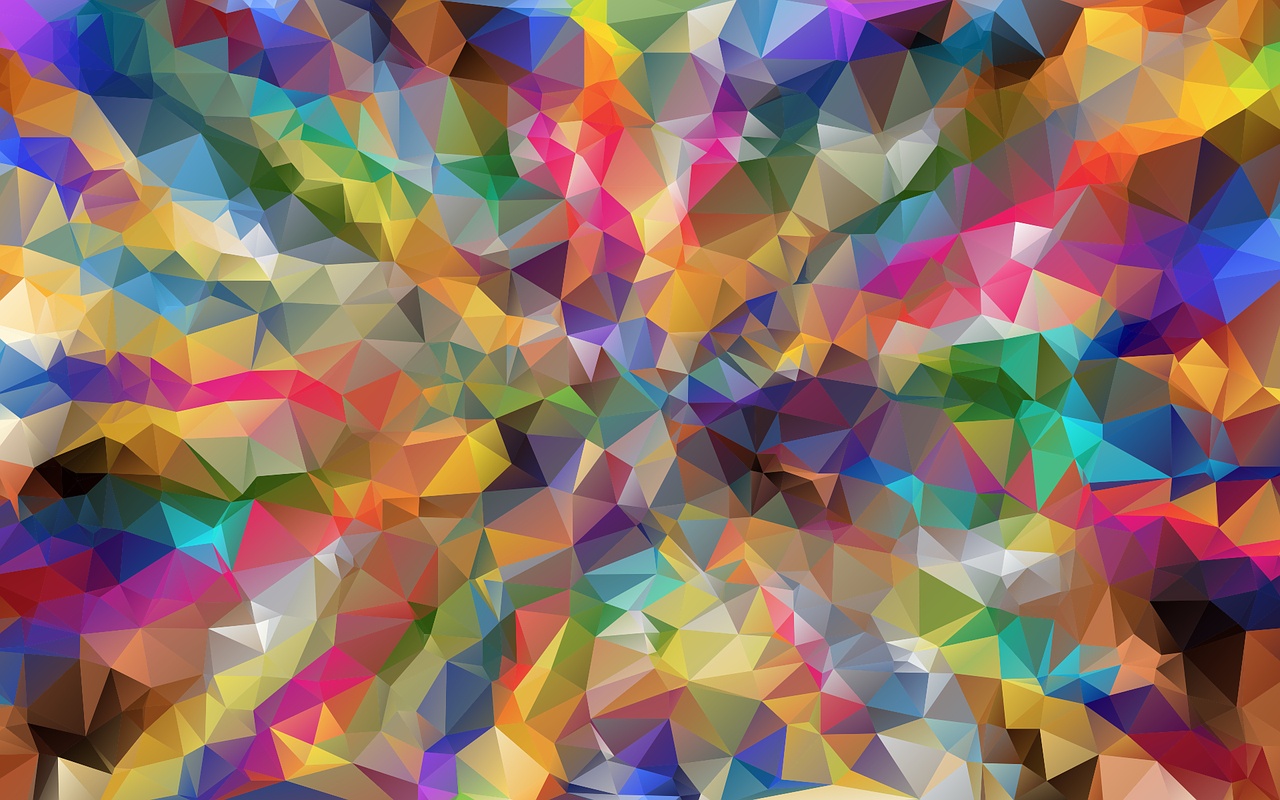
Dissociatives, also known as dissos, are a type of hallucinogens which distort perception of sight and sound and produce thought and feeling of detachment, dissociation, disconnection from the environment or self. Despite the fact that many different types of medicines have this ability, dissociatives are special in that they do so in a way that causes hallucinogenic effects. These effects can include dissociation, a general decrease in sensory awareness, hallucinations, dream-like states, or anaesthesia. The majority of dissociatives appear to have a general depressant effect and can cause sedation, respiratory depression, nausea, disorientation, analgesia, anaesthesia, ataxia, cognitive and memory impairment, as well as amnesia, despite some dissociatives, such as phencyclidine (PCP), possessing stimulating properties.
What is the Etymology of the word dissociative?
Its apparent what makes you dissociate or disconnect from environment or self are dissociatives. Thats all yea, science is simple :)
What are the common Effects of Dissociatives?
The effects of dissociatives can include sensory dissociation, hallucinations, Disorientation, confusion, and loss of coordination, mania, catalepsy, analgesia and amnesia. According to Pender (1972), "the state has been designated as dissociative anesthesia since the patient truly seems disassociated from his environment." Both Pender (1970) and Johnstone et al. (1959) reported that patients under anaesthesia due to either ketamine or phencyclidine were prone to purposeless movements and had hallucinations (or "dreams") during and after anaesthesia. Some patients found the hallucinations euphoric while others found them disturbing.
At sub-anesthetic doses, dissociatives alter many of the same cognitive and perceptual processes affected by other hallucinogenic drugs such as mescaline, LSD, and psilocybin; hence they are often contrasted and also considered hallucinogenic. Perhaps the most significant subjective differences between dissociatives and the classical hallucinogens (such as LSD and mescaline) are the disconnection, emptiness effects, including: depersonalization, the feeling of being unreal, disconnected from one's self, or unable to control one's actions; and derealization, the feeling that the outside world is unreal or that one is dreaming.
Physiological and Psychological Effects of Dissociatives
Short-Term Effects of Dissociative Drugs
- Disorientation, confusion, and loss of coordination
- Dizziness, nausea, vomiting
- Changes in sensory perceptions (such as sight, sound, shapes, time, and body image)
- Hallucinations
- Feelings of detachment from self and environment
- Cognitive impairment
- Respiratory depression
- Changes in body temperature, heart rate, respiration, and/or blood pressure
- Ataxia (uncontrollable muscle movements)
- Analgesia (pain relief)
- Anesthesia (temporary loss of awareness)
- Confusion and disorientation (loss of coordination)
- Sedation
- Body numbness
- Amnesia (memory impairment)
Dissociative medicines can cause users to experience floating sensations, visual and auditory abnormalities, and dissociation (feeling alienated from reality). In addition to anxiety, memory loss, and altered motor function, including bodily tremors and numbness, dissociative medication use can also induce these side effects. These effects, which are dependent on the dosage of the drug used, are likewise erratic; they normally start shortly after consumption and persist for several hours, however some users claim experiencing the effects of the drug for days. Dissociative medications can have a wide range of unique and hazardous effects in addition to these general ones.
For instance, PCP can make a user violent or aggressive, experience strong muscle contractions or seizures, or even exhibit psychotic symptoms resembling schizophrenia at moderate to high doses. Ketamine can cause drowsiness, immobilisation, and forgetfulness at moderate to high doses. Users of ketamine also report horrifying sensations of almost total sensory detachment akin to a near-death experience (dubbed a "K-hole," similar to a bad LSD trip), when taken in high dosages. Users of salvia describe powerful but fleeting effects that might last for up to 30 minutes, including extreme mood changes that can range from despair to uncontrollable laughing.
Long-Term Effects of Dissociative Drugs and Risk of taking dissociative drugs
Due to lack of research on long-term effects of dissociative drugs, though, some studies have looked at the lasting effects of PCP and found that they can include:
- Increased risk of withdrawal when discontinuing use
- Increased tolerance
- Development of a substance use disorder
- Escaping thoughts
- Persisting difficulty with speech
- Mental health issues such as anxiety and depression
- Memory loss
- Social withdrawal
What are the uses of Dissociatives(dissos)?
Medical use of Dissociatives
Many dissociatives such as ketamine are used as anesthetics for surgery or pain relief in medical contexts such as in hospitals. However, due to possible psychotomimetic reactions they are sometimes used reluctantly. Certain morphinan dissociatives such as Dextromethorphan are also used in sub-psychoactive dosages to suppress coughing.
Ketamine is also currently being studied and is showing promising results as a possible fast-acting antidepressant It may also function as a possible palliative treatment for C-PTSD and chronic pain.
Recreational use of Dissociatives
Some dissociative drugs are used recreationally. Ketamine and nitrous oxide are club drugs. Phencyclidine (PCP or angel dust) is available as a street drug. Dextromethorphan-based cough syrups (often labeled DXM) are taken by some users in higher than medically recommended levels for their dissociative effects. Historically, chloroform and diethyl ether have been used recreationally (as was nitrous oxide, at laughing gas parties).
What are some Common Dissociatives?
Ketamine – dissociative anesthetic that is used in surgery and veterinary medicine. It causes amnesia (memory loss) and analgesia (pain relief). Low doses produce stimulant effects; medium to high doses produce possible out-of-body or near-death experiences.2
PCP – Phencyclidine (PCP) is a drug that has both hallucinogenic and dissociative properties. The dissociative effects of PCP leave users feeling removed from their body and their environment. This effect produces a trance-like state. It also has strong anesthetic effects, which produce amnesia (memory loss) and analgesia (pain-relief). Also known as “angel dust”.2
DXM – (lean, dank) Dextromethorphan is a medication usually used as a cough suppressant in cold and cough medicines. It is sold in syrup, tablet, spray, and lozenge forms.
Nitrous Oxide – (nangs) Nitrous oxide is a dissociative anaesthetic and has been found to produce dissociation of the mind from the body (a sense of floating), distorted perceptions and in rare cases, visual hallucination.3
Methoxetamine is derived from ketamine and also has dissociative properties. It lasts longer and has more powerful effects than ketamine, but lower analgesic and aesthetic effects. The main effects include hallucinations, depersonalisation and dissociation.
Chloroform: Chloroform, or trichloromethane, is an organic compound with formula CHCl3 and a common organic solvent. It is a colorless, strong-smelling, dense liquid produced on a large scale as a precursor to PTFE. It is also a precursor to various refrigerants. It is one of the four chloromethanes and a trihalomethane. It is a powerful anesthetic, euphoriant, anxiolytic, and sedative when inhaled or ingested
How are dissociatives consumed(taken)?
Dissociatives are usually ingested via snorting, oral, intramuscular injection or inhaled.
What do dissociatives(dissos) look like?
They are among us just like. Dissociatives can be in the form of pills, powders, gases, liquids and plants.
Legality status of Dissociatives
Mostly Dissociative are illegal.
In India it is illegal.
In USA illegal
In Antartica DATA unavailable


